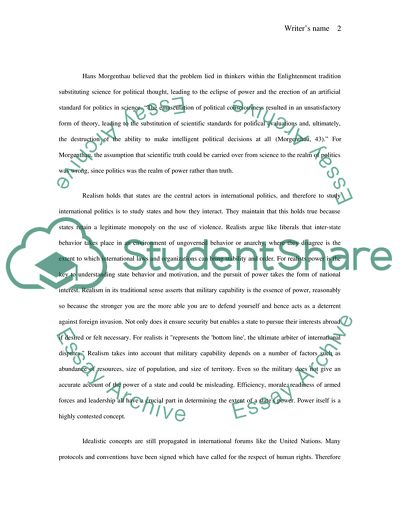Cite this document
(Power in Domestic and International Politics Term Paper, n.d.)
Power in Domestic and International Politics Term Paper. https://studentshare.org/politics/1711761-power-in-domestic-and-international-politics
Power in Domestic and International Politics Term Paper. https://studentshare.org/politics/1711761-power-in-domestic-and-international-politics
(Power in Domestic and International Politics Term Paper)
Power in Domestic and International Politics Term Paper. https://studentshare.org/politics/1711761-power-in-domestic-and-international-politics.
Power in Domestic and International Politics Term Paper. https://studentshare.org/politics/1711761-power-in-domestic-and-international-politics.
“Power in Domestic and International Politics Term Paper”. https://studentshare.org/politics/1711761-power-in-domestic-and-international-politics.


